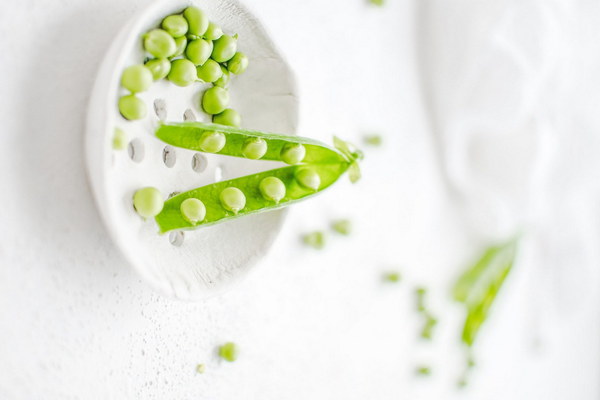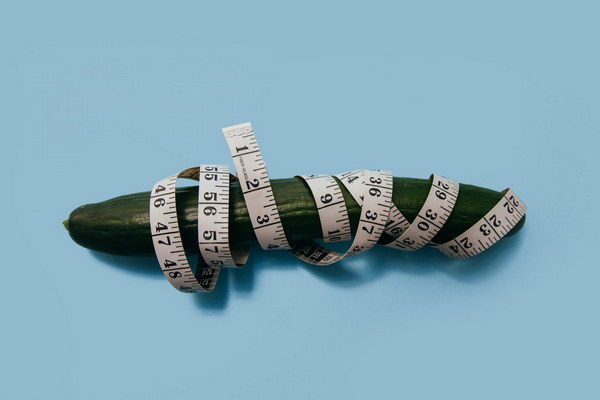Nourishing the Dialysis Patient A Comprehensive Guide to Nutritional Support
Dialysis is a crucial treatment for individuals with kidney failure, but it also brings about unique dietary challenges. For those undergoing dialysis, proper nutrition is essential to maintain overall health and support kidney function. This article provides a comprehensive guide to nutritional support for dialysis patients, focusing on the importance of dietary modifications, specific dietary needs, and tips for meal planning.
I. Importance of Nutrition for Dialysis Patients
1. Maintaining Energy Levels: Dialysis can lead to a loss of appetite and decreased energy levels. Adequate nutrition is crucial for maintaining energy and strength, enabling patients to cope with the demands of daily life.
2. Supporting Kidney Function: A well-balanced diet can help reduce the workload on the remaining kidney function, potentially delaying the progression of kidney disease.
3. Managing Medications: Certain medications used in dialysis may have side effects, such as bone loss or anemia. Proper nutrition can help mitigate these side effects and improve overall health.
4. Reducing the Risk of Complications: Adequate nutrition can help prevent or manage complications associated with dialysis, such as cardiovascular disease, anemia, and malnutrition.
II. Dietary Modifications for Dialysis Patients
1. Protein Intake: While protein is essential for muscle repair and maintenance, high protein intake can be harmful to the kidneys. Dialysis patients should aim for moderate protein consumption, typically around 0.6 to 0.8 grams per kilogram of body weight per day.
2. Fluid Intake: Fluid restriction is critical for dialysis patients to prevent overhydration and related complications. The recommended fluid intake varies depending on the patient's weight, urine output, and dialysis schedule.
3. Electrolyte Balance: Proper electrolyte balance is crucial for maintaining overall health. Dialysis patients should monitor their intake of sodium, potassium, phosphorus, and calcium, as these minerals can become imbalanced during treatment.
4. Low Potassium and Sodium Foods: To help manage potassium and sodium levels, patients should consume low-potassium and low-sodium foods, such as fruits, vegetables, lean meats, and whole grains.
III. Specific Dietary Needs for Dialysis Patients
1. High-Quality Carbohydrates: Carbohydrates are the body's primary source of energy. Patients should focus on consuming high-quality carbohydrates, such as whole grains, legumes, and fruits, to ensure adequate energy intake.
2. Adequate Fiber: Dietary fiber is essential for digestive health and can help manage blood sugar levels. Patients should aim for at least 20 to 35 grams of fiber per day, found in foods like beans, fruits, vegetables, and whole grains.
3. Essential Fatty Acids: Healthy fats, particularly omega-3 and omega-6 fatty acids, are important for heart health and overall well-being. Patients should include sources of these fats, such as fish, nuts, and seeds, in their diet.
4. Calcium and Vitamin D: Proper calcium and vitamin D intake is crucial for bone health, especially in patients with kidney disease. Sources of calcium include dairy products, leafy green vegetables, and fortified foods. Vitamin D can be obtained from fatty fish, egg yolks, and fortified foods.
IV. Tips for Meal Planning
1. Plan Meals in Advance: Planning meals in advance can help ensure that patients consume a balanced diet and adhere to their dietary restrictions.
2. Use a Nutritional Guide: A dialysis-specific nutritional guide can help patients make informed choices about their diet and portion sizes.

3. Seek Professional Advice: Consulting with a registered dietitian specializing in renal nutrition can provide personalized dietary recommendations and support.
4. Be Flexible: While maintaining dietary restrictions is important, patients should also be willing to adapt their diet to accommodate personal preferences and taste.
In conclusion, proper nutrition plays a vital role in the management of dialysis patients. By understanding the importance of nutrition, making dietary modifications, and following specific dietary needs, patients can support their overall health and improve their quality of life. Consulting with a healthcare professional, such as a registered dietitian, is essential for personalized dietary advice and support.









